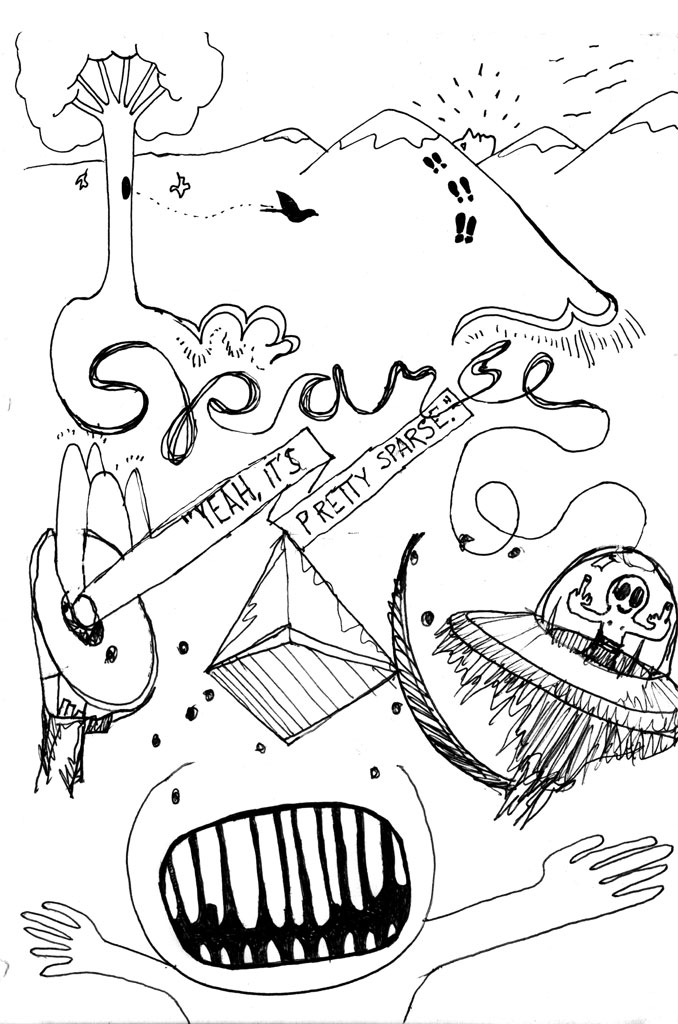If you’ve been to the movies nowadays, a pattern emerges in the kinds of things that are premiering. Most of the movies are adaptations of comic books, reboots of movies from the 1980s, and cliché schlock that seems to blend all together. Now, reimagining older works isn’t necessarily a bad thing. However, it seems like the imaginations of the writers are getting narrower and narrower. I mean, how often do you watch an older show and think “you couldn’t make something like that these days”? It’s a bit like that.
In general, there seems to be a loss of creativity. Everything seems stale, uninteresting, and trite. What could be the cause of all this?
The likely culprit is copyright law, intellectual property in written or artistic materials. I read a good book critiquing intellectual property called Owning Culture: Authorship, Ownership, and Intellectual Property Law. In it, Kembrew McLeod details all of the absurdities associated with copyright law – for example, how the “Happy Birthday” song was copyrighted by Warner/Chappell for years until a lawsuit caused the song to return to the public domain. McLeod focuses on how cultural artifacts that were once part of publicly-owned folk culture are concentrated into a few corporate hands and the effects this has on culture and cultural creation. This inevitably leads to politics, which is the death of all creativity.
The process by which intellectual property is politicized is simple. Imagine a case in which you have two people who both claim to own the same patch of land. If this happens, then this naturally leads to a dispute over who has control over the land. A dispute over control naturally leads to the creation of two factions, each exhibiting an us-versus-them mentality among both parties. Meanwhile, the land being disputed over is left unattended, as taking care of the land by either party might be seen as a power play.
The same sort of thing happens with an author’s ownership of a story. Any story with multiple authors – that is to say, every major work to come out of a corporate body – is liable to become the center of a game of political one-upmanship. The quality of the work falls to the wayside as the vanity of the authors becomes the most important factor.
The solution is to have a system wherein there is no central author. That way, personal egos, and political fighting cannot get in the way of telling a good story. Some of the most enduring works of fiction – like “Hansel and Gretel”, “Paul Bunyan”, and other folktales – have no single author one can point to as the source. These are the kinds of stories that stick with us. If you doubt me, look at Disney. They gained their success from bringing European folktales like “Cinderella” or “Snow White” to the big screen.
How do we make folk culture work for us? Well, when we look at cultural creation in general, we see that there are two parts to the process of cultural creation – making stories based on what we see and drawing pictures based on what we hear. Folk culture is made through this iterative process taking place over many, many generations. A poet sees something in nature that inspires him and writes it down. This leads to an artist creating something based on the poem. This, in turn, inspires a different writer to create a story based on the pictures. Throughout this process, the writers and artists might add their personal touch to the story – different styles, different interpretations, and the like. Like a game of telephone, the original message is altered more and more with each retelling.
Though this process normally takes place over many years, the old party game “Exquisite Corpse” allows one to recreate the folk culture creation process in just one day.
The game is played with five to twenty people sitting in a circular formation with a strip of blank paneled paper. The game starts with a “caption round” where each individual writes a caption on a panel describing anything. After passing the papers to the next person in the circle, the round moves to a “draw round” where players illustrate the caption passed to them. After the first “draw round”, the paper is passed again and folded so that only the drawing portion is visible (obscuring the original caption). In the next round (the second “Caption round), players are asked to provide captions describing the picture without the context of the original caption. From this point rounds alternate between captioning and drawing with each new drawing or caption being based solely on the previous caption or drawing in line. The game ends when people run out of room on their paper.
This sounds like a fun game for parties… and a great way to make creative stories. The people who first made this game were surrealist artists looking to find a way out of creative lapses. Because of the telephone-like nature of the game, even the original ideas start out being unoriginal or hackneyed, they are guaranteed to look like that coming out of the other side of this game.
Of course, I’m not guaranteeing that this will work, but I think it looks like a lot of fun. That’s why I want to try it.

Leave a Reply